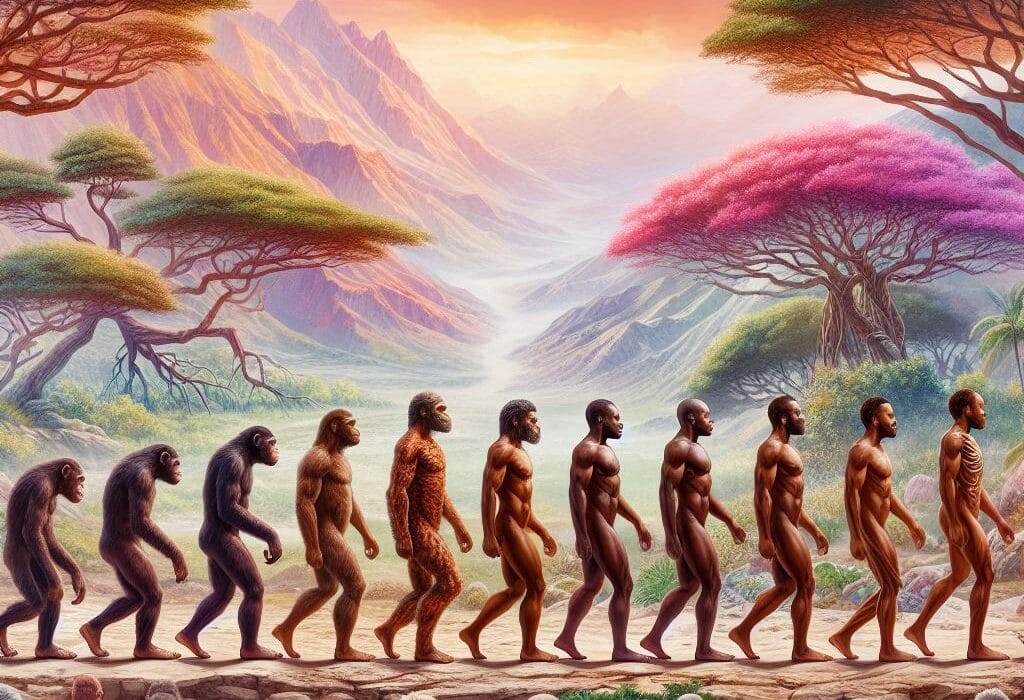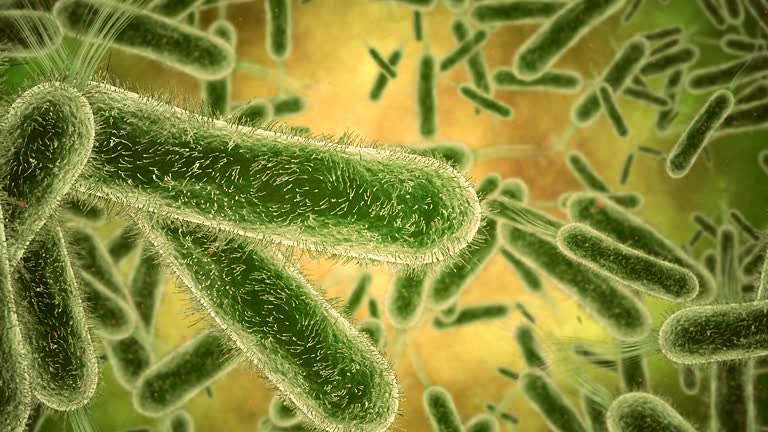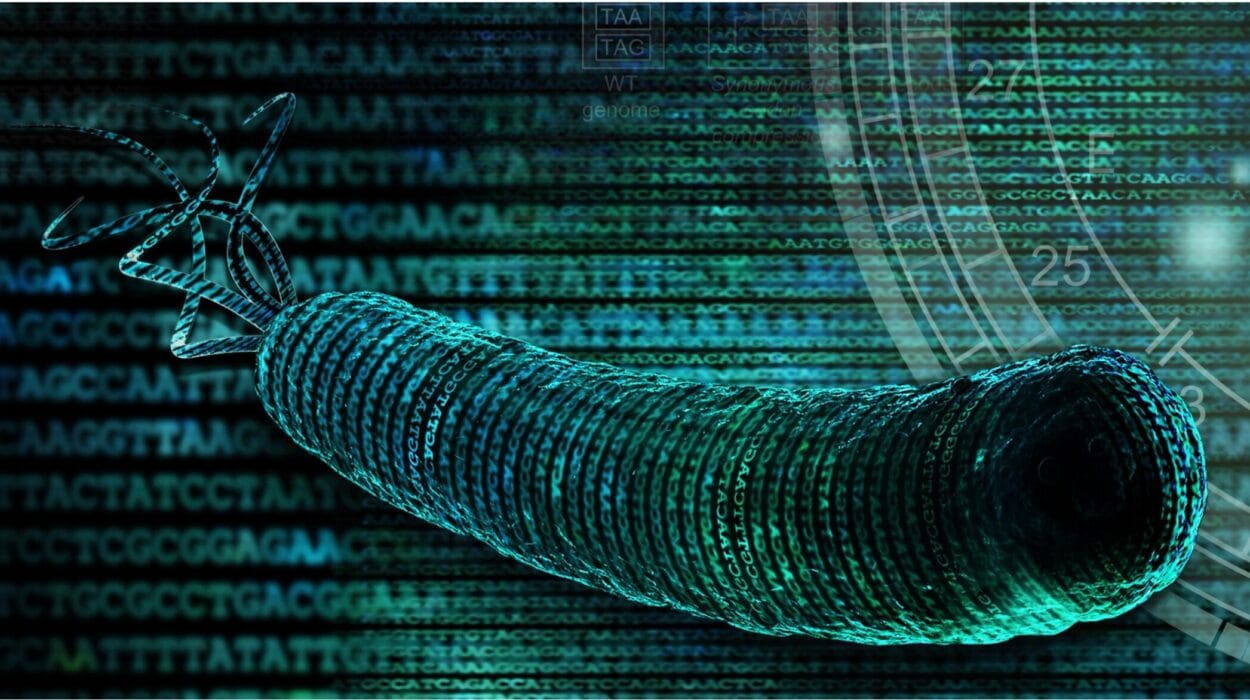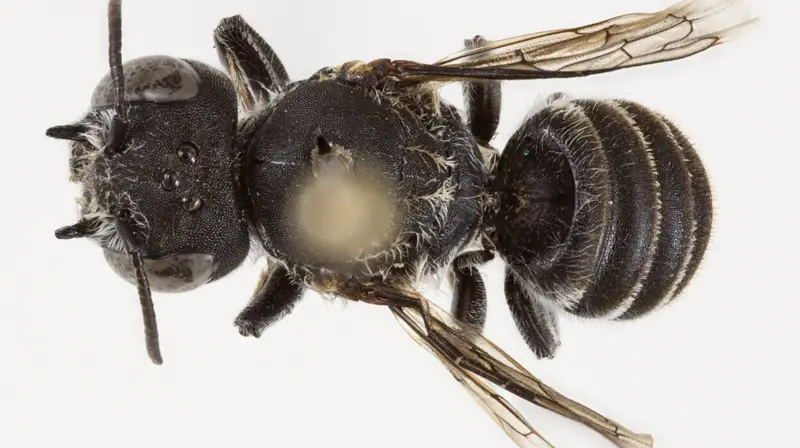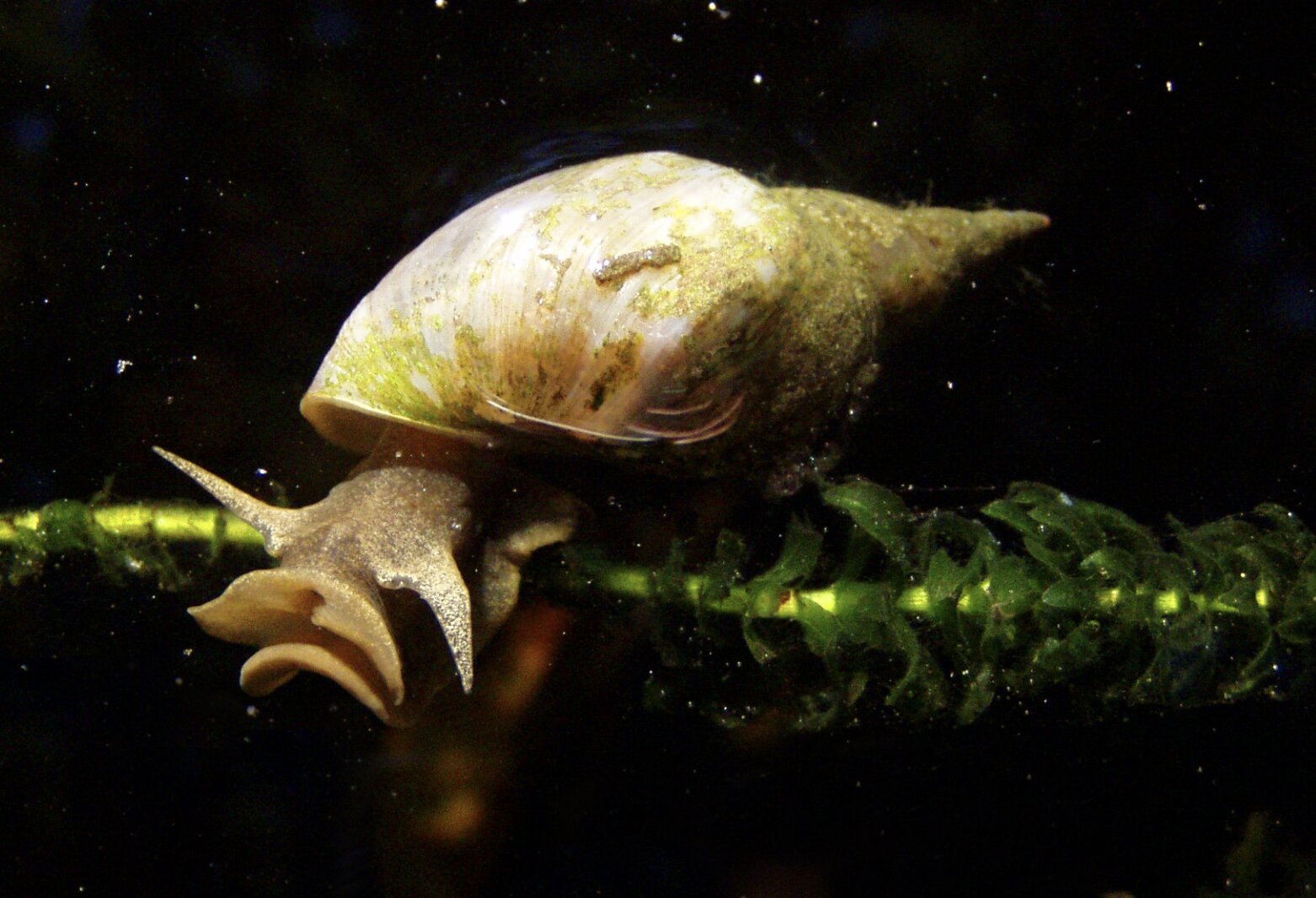For over four billion years, the story of life on Earth has been written by evolution. From the simplest single-celled organisms to the complexity of the human brain, natural selection has sculpted every beak, fin, and fingertip through the slow, patient brushstrokes of time. It is a process of endless tinkering, of trial and error etched into DNA over countless generations.
But now, for the first time in Earth’s long history, one species is beginning to seize the pen from nature’s hand. That species is us. With the rise of technology, humanity is no longer just a passenger on the evolutionary journey—we are starting to steer. From gene editing to brain-computer interfaces, from artificial intelligence to prosthetic limbs, we are reshaping the rules of biology and redefining what it means to be human.
This raises a profound and urgent question: Will technology alter the course of evolution? Not just for us, but perhaps for life itself?
To answer that, we must journey through biology, philosophy, and a future that is arriving faster than we can fully grasp. The question is no longer whether evolution will be shaped by technology—but how deeply, how widely, and whether we are ready.
Evolution: The Original Engineer
To understand what’s at stake, we need to revisit how evolution works. At its core, evolution is the change in the genetic makeup of a population over time. It is driven primarily by natural selection, the process by which certain traits become more common if they enhance survival or reproduction. Mutations provide the raw material—tiny errors in DNA replication that can occasionally produce beneficial changes. Over generations, these changes accumulate, leading to the rise of new species and the extinction of others.
Crucially, evolution is a blind process. It has no foresight, no purpose. It does not plan for the future. What works survives, what fails disappears. And while this process has produced astonishing diversity—from jellyfish that glow in the dark to birds that navigate by the stars—it is also painfully slow. It can take millions of years for a significant evolutionary change to emerge.
But something unprecedented has happened in the last few centuries. Human culture, driven by language, science, and tools, has begun evolving orders of magnitude faster than our biology. Now, the technologies we create are beginning to feed back into our own evolution.
The End of Natural Selection?
One of the first ways technology may alter evolution is by reducing or bypassing natural selection itself. In the past, survival was often a brutal filter. Those with genetic vulnerabilities—say, a predisposition to certain diseases—might die young or be less likely to reproduce. Harsh environments weeded out the weak, and advantageous traits were rewarded with longer life and more offspring.
Modern medicine has changed this equation dramatically. Today, many conditions that would have once been fatal can be managed or cured. Premature infants who might never have survived even a few decades ago now grow up to have children of their own. People with inherited diseases can live long, fulfilling lives, and pass their genes to the next generation.
This is not a bad thing—on the contrary, it is a triumph of compassion and science. But it does mean that the selective pressures that once shaped our genome are being softened. In a sense, we are buffering ourselves against nature’s tests. Evolution hasn’t stopped, but its rhythm is shifting.
And where natural selection has relaxed, a new kind of selection is emerging—one shaped not by nature, but by choice.
Designer Evolution: From CRISPR to Embryo Selection
Perhaps the most dramatic way technology could alter evolution is through genetic engineering. In 2012, the development of CRISPR-Cas9 gave scientists an astonishing tool: a precise, programmable way to edit DNA. For the first time, we could make targeted changes to the genetic code of living organisms, including ourselves.
In the laboratory, CRISPR has already been used to modify human embryos, correct disease-causing mutations in animals, and engineer crops with enhanced traits. In China, the world was stunned in 2018 when a researcher claimed to have created the first genetically edited babies, altering their genes to make them resistant to HIV. The scientific community condemned the move as premature and unethical, but the door had been opened.
We now stand on the brink of designer evolution—the ability to guide the genetic future of our species deliberately. In theory, parents could one day choose to eliminate inherited diseases, increase intelligence, or even select for physical appearance. If such technologies become widespread, they could profoundly alter the genetic landscape of humanity within just a few generations.
The consequences would be immense. We could reduce suffering and disease on an unprecedented scale. But we also risk creating new forms of inequality, or even genetic “classes” of enhanced and unenhanced humans. Evolution, once an impartial process, could become a matter of privilege.
Cyborg Futures: The Merge of Biology and Machine
But genes are not the only axis of evolution. Technology is also changing our bodies in more external, but no less profound, ways.
Today, people live with cochlear implants that restore hearing, pacemakers that regulate heartbeats, and prosthetic limbs that respond to thought. These devices are not just medical aids—they are evolutionary interventions. They allow humans to survive, function, and thrive in ways that biology alone could not offer.
The frontier is moving even faster. Brain-computer interfaces, like those developed by Neuralink and other companies, aim to connect our brains directly to machines. These systems could one day allow us to control devices with thought, enhance memory, or even communicate brain-to-brain. In doing so, they blur the line between human and machine.
Is this evolution? In one sense, no—our DNA may remain unchanged. But from a broader perspective, yes. Evolution is about adaptation, and humans are increasingly adapting not through mutation, but through invention. Our tools have always shaped us, but now they are becoming part of us.
Some futurists speak of the “post-human” era—a time when biology and technology are so intertwined that we become something fundamentally new. Others warn of losing our humanity in the process. But one thing is certain: the trajectory of human evolution is no longer purely biological. It is now technological as well.
Artificial Intelligence: A New Evolutionary Competitor?
As if editing our genes and fusing with machines weren’t enough, we may also be on the verge of creating a wholly new kind of evolutionary player: artificial intelligence.
AI systems are already capable of performing tasks once thought to require human minds—playing chess, composing music, diagnosing diseases. As machine learning advances, AI becomes increasingly autonomous, capable of adapting and evolving in response to data.
But what happens when AI surpasses human intelligence? This concept, known as the technological singularity, suggests a moment when AI systems become capable of self-improvement, iterating faster than humans can comprehend. At that point, we would no longer be the smartest species on the planet.
Would that be a new form of evolution? In some ways, yes. Evolution is not limited to DNA. If intelligence and adaptation define evolutionary success, then AI may represent a new evolutionary branch—not bound by flesh, not subject to death, and potentially capable of colonizing environments (like space) that are inhospitable to humans.
If AI continues to evolve, the question may not be whether technology will alter evolution, but whether it will replace us in the evolutionary hierarchy. That is a possibility both exhilarating and terrifying.
Culture and Memes: Evolution Beyond Genes
There is another kind of evolution already at work—one that doesn’t involve biology or machines, but ideas.
Cultural evolution operates at the speed of thought. Languages, religions, political systems, technologies—all of these evolve through a process analogous to natural selection. Richard Dawkins coined the term “meme” to describe units of cultural information that replicate, mutate, and compete for survival in the minds of humans.
Technology accelerates this process. The internet allows ideas to spread globally in seconds. Social media platforms act as ecosystems where memes compete for attention. Algorithms amplify certain traits—simplicity, outrage, emotional resonance—just as natural selection favors traits that enhance survival.
In this sense, human culture is evolving faster than ever before, and technology is the environment in which that evolution unfolds. Our beliefs, behaviors, and even sense of self are being shaped by digital ecosystems. Evolution is no longer just happening in our bodies—it’s happening in our minds and cultures, at a breathtaking pace.
Evolution in Reverse? Devolution and Genetic Drift
There’s also a quieter, less glamorous way technology could alter evolution: by allowing harmful traits to persist or even proliferate. In a natural environment, certain genetic conditions would reduce reproductive success. But in a world of advanced medicine, people with such traits can live and reproduce, passing those genes forward.
This isn’t a moral judgment—it is a testament to human compassion and ingenuity. But it does raise biological questions. If deleterious mutations accumulate over time because they are no longer weeded out by natural selection, will we see a long-term weakening of the human gene pool?
Alternatively, could technology actually reverse certain aspects of evolution? For example, if we rely on machines for memory, navigation, or physical labor, might our biological abilities atrophy over generations?
While this idea—often called “devolution”—is more speculative, it illustrates how technology doesn’t just push us forward. It can also change the pressures we face, or remove them altogether. In doing so, it rewrites the script evolution has followed for eons.
Evolution Beyond Earth
If technology enables us to colonize other planets—a dream increasingly pursued by agencies like NASA and companies like SpaceX—we may see entirely new evolutionary paths emerge.
Life on Mars, for instance, would confront different gravity, radiation, and environmental conditions. Over generations, humans living there might develop adaptations—biological or technological—that make them increasingly distinct from Earth-dwellers. Genetic engineering could even be used proactively to help future Martian settlers survive the harsh conditions.
In this way, technology not only alters evolution—it becomes a vehicle for evolutionary branching. We could witness the birth of new human subspecies, each shaped by the environment and technologies of their adopted worlds.
Evolution, once confined to Earth, could become cosmic.
Ethical Frontiers and the Burden of Power
The ability to guide evolution brings with it immense ethical responsibility. Who decides which traits are desirable? Who gets access to enhancement technologies? How do we prevent abuse, coercion, or new forms of discrimination?
These are not science fiction dilemmas. They are real and pressing. If we can choose the traits of our children, we risk turning parenthood into a form of product design. If we enhance cognition in some but not others, we may deepen social divides. If we create AI that can evolve independently, we may unleash forces we do not fully understand.
In every past epoch of evolution, change was slow, local, and largely blind. Today, change can be fast, global, and deliberate. That gives us extraordinary power—but also extraordinary risk.
Conclusion: A New Kind of Evolutionary Being
So, will technology alter the course of evolution?
It already has. From medicine to machine intelligence, from cultural transmission to gene editing, we are living through a transformation more profound than any natural mutation. We are no longer just a product of evolution—we are becoming its architects.
That is a staggering shift. It means we must rethink what evolution means in a world where intelligence, intention, and invention shape the future more than accident or chance. It means recognizing that evolution is no longer confined to biology, but now includes machines, ideas, and perhaps one day, artificial life.
But above all, it means accepting a new kind of responsibility. We are not just evolving—we are evolving evolution itself. And what we do with that power may determine not just the fate of our species, but the future of life in the universe.
The story of life is still being written. But now, for the first time, we are holding the pen with open eyes.

